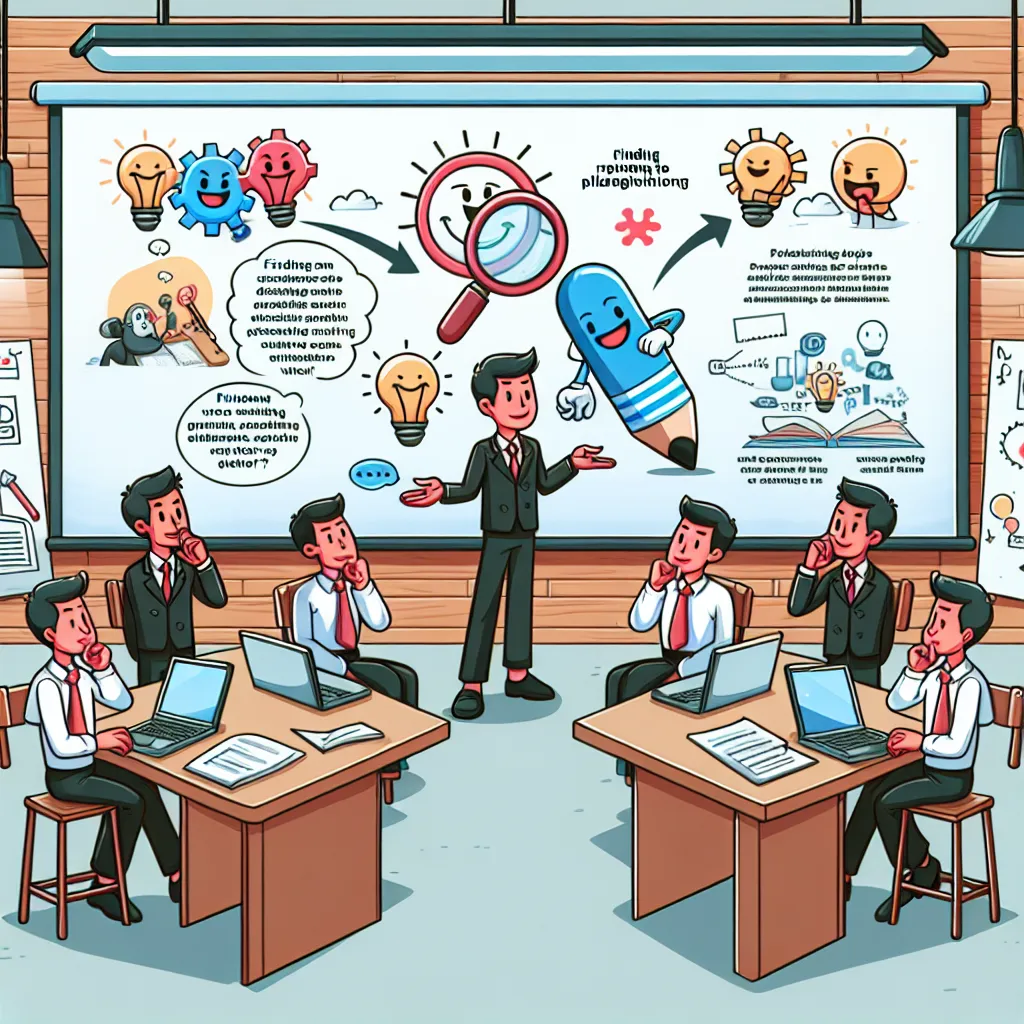Ask AI on The Internet
Question: One of the purposes of Unit 5 and 6 of Tutorial letter 501, the study guide, is to introduce conventions of academic writing and enhance student writing skills. In an essay of about 500 words (about a page-and-a-half) discuss how plagiarism affects students’ competence in real life.
**The Impact of Plagiarism on Students’ Competence in Real Life** Plagiarism, the practice of using someone else's work without proper acknowledgment, poses significant ethical and academic challenges. While its immediate consequence might seem limited to academic penalties, the long-term implications for students' competence in real life are profound and far-reaching. First and foremost, plagiarism undermines the fundamental learning process. Education is designed to equip students with the skills necessary to think critically, solve problems, and express ideas effectively. When students engage in plagiarism, they bypass this process, depriving themselves of the opportunity to develop these essential competencies. By not engaging with the material authentically, they fail to internalize the knowledge, which can have detrimental effects when they are required to apply it in professional settings. Furthermore, plagiarism erodes a student's ability to develop original thought and creativity. The ability to generate new ideas and contribute uniquely to a field is paramount in both professional and academic environments. Engaging in dishonest practices like plagiarism stunts this intellectual growth. In essence, a plagiarism habit can lead to a dependence on others' work, inhibiting the student's confidence and ability to innovate. This lack of creativity and originality can be a severe handicap in workplaces that value and reward innovative thinking. In addition to stunting intellectual growth, plagiarism can severely damage a student’s reputation. Academic institutions and employers value integrity highly, and a record of plagiarism can tarnish a student's academic and professional credibility. Trust, once broken, is hard to rebuild. A student known for dishonest practices may face difficulty securing recommendations, internships, or jobs, which significantly diminishes their career prospects. Even if they manage to secure employment, the lack of foundational skills resulting from their dishonest habits can lead to poor job performance, potentially resulting in job loss or stagnant career growth. Moreover, plagiarism has implications for a student's self-esteem and personal development. Constantly relying on others' work can create a perpetual fear of being exposed and can diminish self-worth. This constant anxiety detracts from their focus and ability to perform effectively. Over time, students who engage in plagiarism may develop a deep-seated belief that they are incapable of achieving success on their own merits, further eroding their motivation and ambition. In real-life scenarios, the repercussions of plagiarism extend beyond individual consequences to the broader professional community. For instance, in fields such as medicine, engineering, or law, the inability to produce original and accurate work can lead to catastrophic consequences, including loss of life, financial ruin, or significant legal ramifications. Professionals who lacked proper training due to academic dishonesty are unprepared to tackle real-world challenges, which can lead to failures that affect not just themselves but society at large. By fostering a culture of integrity and encouraging authentic engagement with academic material, educators can help students build the necessary skills for real-life success. Plagiarism detection tools and educational programs about academic integrity also play a crucial role in curbing dishonest practices. In conclusion, plagiarism detrimentally affects students’ competence in real life by undermining their learning process, stunting intellectual development, damaging reputations, and instilling a lack of confidence. The broader implications further underscore the importance of combating plagiarism to ensure students are well-equipped to contribute authentically and effectively in their professional and personal lives. By embracing academic honesty, students not only protect their integrity but also nurture the skills necessary for long-term success and innovation in their careers.
Think your answer is better than the AI's? Post it below.
Other Most Relevant Posts:
Question Tags
If you want your question answered by an AI, click here.







Post your own comment: